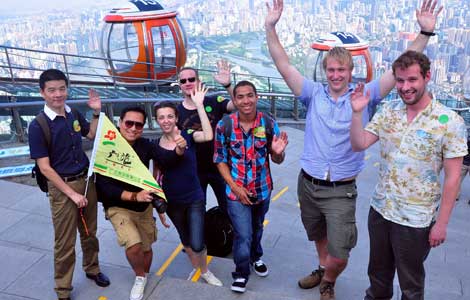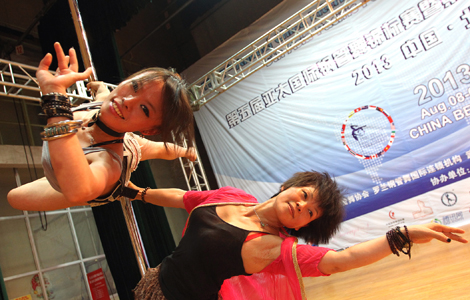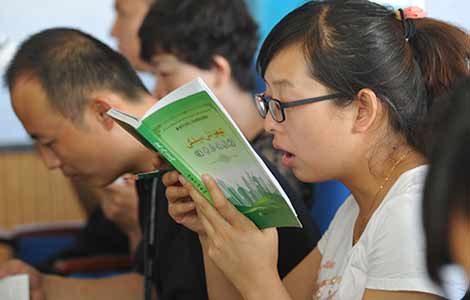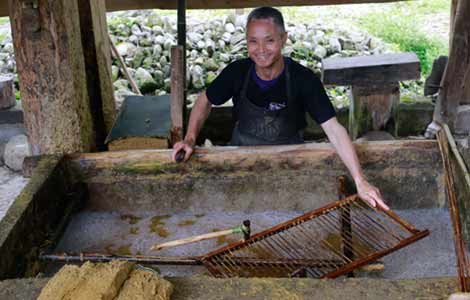Several months ago, I wrote a column on Chinese parents' concern over food safety after a potentially toxic chemical was found in milk produced by New Zealand's Fonterra, which later caught the media's attention in that country.
The New Zealand Herald, in an analytical report on the incident, called my writing "impassioned" for summing up "a lot of the sentiment being expressed by consumers on China's social media". For example, I wrote: "Like many sensitive parents, I'd not be easily placated by assurances that 'very low levels' of dicyandiamide, or DCD, in food don't pose a risk after going through the shockwaves of the 2008 tainted milk scandal that killed six infants and left more than 300,000 children with various ailments in the mainland."
Well, I wish I had overreacted then, because just when we thought consumers had moved on after public attention had been diverted by other food-related problems, the dairy giant struck fear in people's hearts again by saying it had found deadly bacteria in some of its products. The bacteria can cause botulism, a severe, sometimes fatal, food poisoning. Since last weekend, the new milk scare has triggered a ban on imports and the recall of a number of popular foreign brands that use the world's largest dairy exporter's ingredients.
This time, probably few Chinese consumers will believe it is just a blip and Fonterra, which owned a large stake in the now defunct Sanlu Group that was embroiled in the 2008 scandal, will rebound any time soon in the Chinese market. The Chinese media have compared the company's frantic crisis communication to patching a burnt hole in a suit: No matter how hard you try, it will never be the same.
Unfortunately, the plight of mighty foreign brands like Fonterra will make the search for safe milk powder even harder for urban Chinese parents who still have little faith in domestic products because of a series of tainted milk scandals.




















